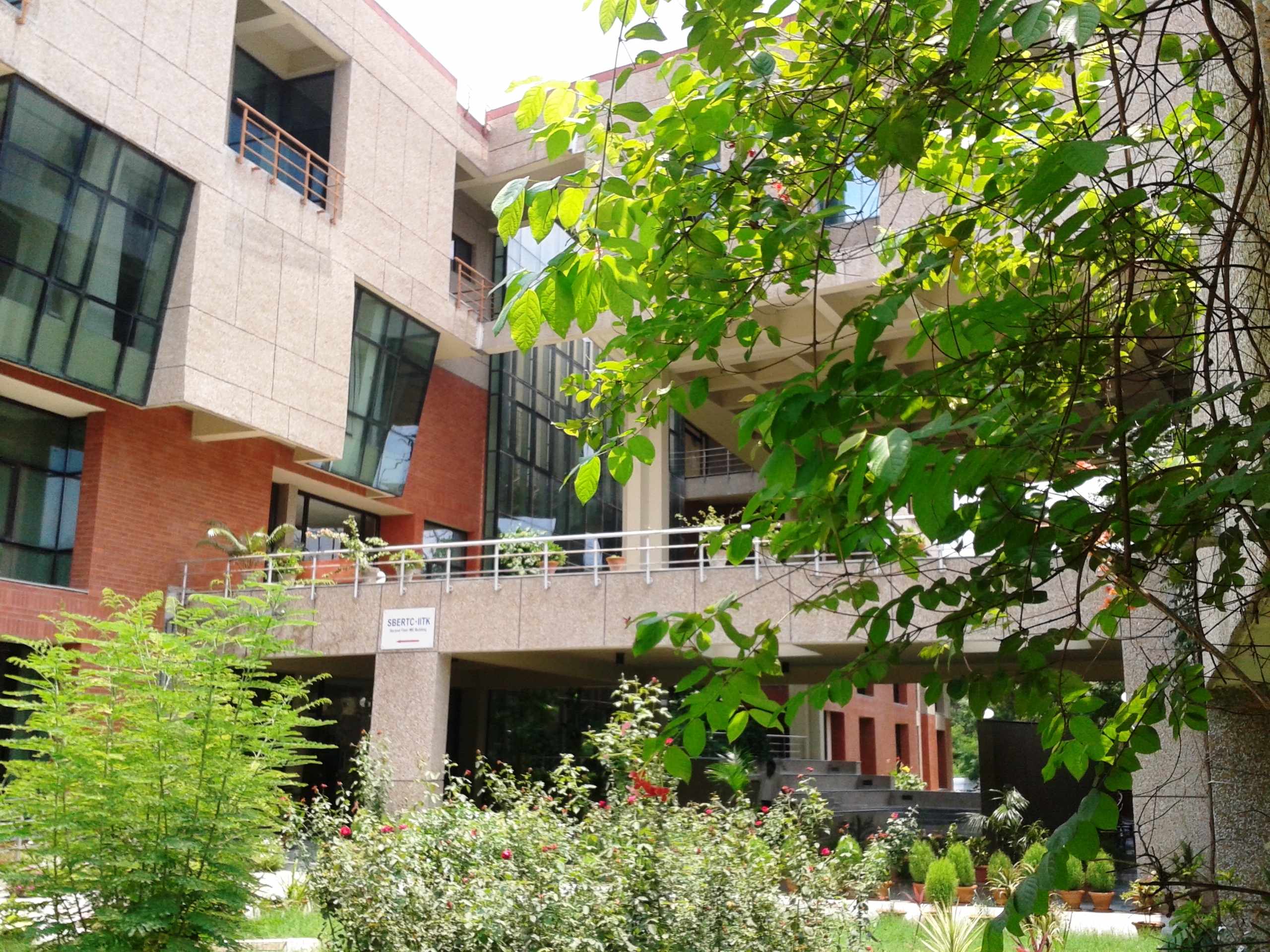Centre for Energy Regulation is an endeavor towards comprehensive and sustained institutional strengthening in the Indian power sector striven for enhanced academia-utility-regulatory interactions. It is an initiative led by the Department of Management Sciences (DoMS) at IIT Kanpur which is India’s first of its kind dedicated to regulatory research in the energy sector. CER addresses the need to supplement regulatory research and knowledge base to understand and analyse key issues in the power sector. The Centre works in close cooperation with key stakeholders in the Indian power sector particularly the Electricity Regulatory Commissions (ERCs), electric utilities and academia. It also aims to develop a network with institutions in India and abroad. The Centre targets to contribute to policy and regulatory advocacy based on regulatory research utilising its regulatory knowledge base, comprising of database and learning tools.

To meet the identified objectives, a set of structured activities to be delivered with expert guidance and with the deliverables in sight have been designed. The three main activities to be undertaken in a structured manner are:
Indian power sector underwent reformation and restructuring in phases. The reforms ushered at Central and State levels with consolidation of the laws relating to electricity into Electricity Act, 2003. Unbundling, corporatization and privatization of State Electricity Boards (SEBs) followed by formation of independent Electricity Regulatory Commissions (ERCs) brought a certain degree of transparency and accountability in the sector, thereby improving its governance structure. However, emerging needs of the Indian power sector prioritize further developments around key themes of viability, sustainability and modernization. An effective regulatory response to these priority areas necessitates institutional strengthening of the regulatory institutions and utilities. Hence, there is a need for significant skill upgradation, education and research endeavours to understand, analyse critical issues and design solutions specific to the Indian context.

Set up in 1974 as an interdisciplinary program, the Department of Management Sciences (DoMS) at IIT Kanpur was one of the first in the country to leverage the analytical education of engineers in the training of management professionals. The program subsequently evolved as a full-fledged department in 1988. Under the aegis of IIT Kanpur, known for its vibrant academic culture, the DoMS has become one of the well-regarded Department of Management Sciences in India. The department encourages active collaboration with industry as well as other academic institutions. The department has been actively engaged in teaching, research, capacity building, policy advocacy and consulting activities in various aspects of the power sector reform and regulation. The Centre (CER) at the DoMS is seed funded by the Department for International Development (DFID), Government of United Kingdom through a project on “Strengthening Regulatory Research & Network in The Power Sector” under the Power Sector Reform (PSR) program.

The Government of United Kingdom has been supporting the Indian power sector over the last thirty-five years. To support the reforms process further, UK Government, in partnership with the Ministry of Power (Government of India) has added technical assistance under “Supporting Structural Reforms in the Indian Power Sector / Power Sector Reforms Programme (PSR)” to be delivered at the central and state level (more information at https://www.psrindia.com). The objective of the programme is to support structural market reforms and the integration of renewable energy into the electricity grid for better energy security and reduced carbon emissions. The UK Government has pledged to support the Centre, under its PSR initiative, for an initial period of three years by partly funding Centre's activities through a project titled "Strengthening Regulatory Research & Network in the Power Sector." The project aims to supplement regulatory research and knowledge base to understand and analyze key issues in the power sector, by collaborative activities of key stakeholders in the Indian power sector particularly the Electricity Regulatory Commissions (ERCs), electric utilities and academia.
The Florence School of Regulation (FSR), directed by Prof. Jean-Michel Glachant, is a centre of excellence for independent research, training and policy dialogue, regarding the regulation of Energy & Climate, Communications & Media, Transport and Water. The school provides advanced professional training while organising a wide range of events which brings together the leading representatives of academia, private companies and regulators.
FSR Energy carries out applied research, training courses and policy dialogue with the purpose of developing economically and socially sound energy regulation and policy for Europe and worldwide. FSR Energy research brings meaningful insights on energy, energy law covering electricity, gas, universal access to energy and energy innovation. FSR forum encompasses regulators, policy makers, academia and industry. The Electricity Area at the FSR is a platform where academics, national regulators, representatives from institutions, network companies and market players debate and exchange their views and practices about the most recent developments in the industry, its regulation and the broader energy policy.
CER signed a Memorandum of Understanding (MoU) with FSR on October 11, 2018, for collaborative work. The MoU is a stride towards establishing international collaborations for arriving at solutions to problems of common interest. Creation of such an alliance would not only benefit both the research institutions but also the regulatory institutions and other stakeholders of the power sector in general.
